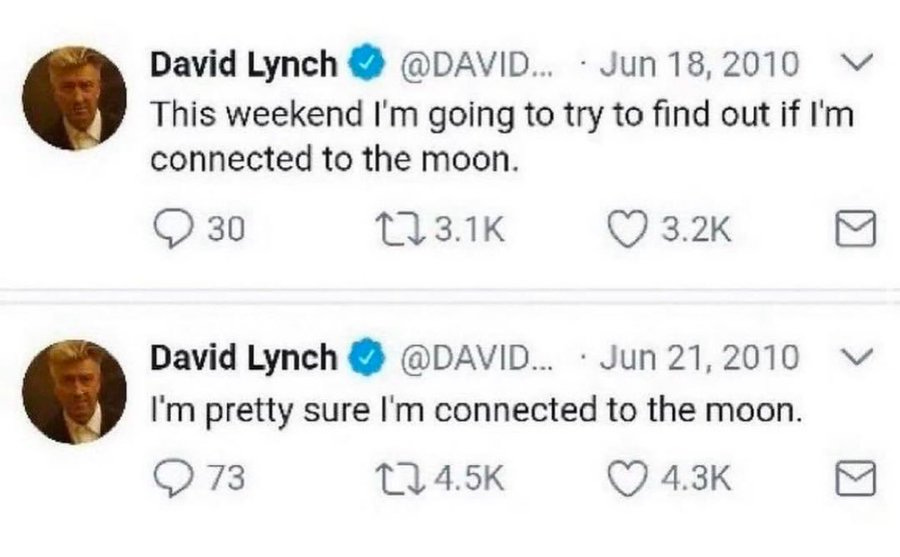Little dissolves the human veneer of logic, purpose, and narrative like the sudden, random, pointless death of someone close. When my close friend drowned in a riptide the other day, the cognitive frameworks of my mind shattered.
We learn to rebuild them quickly. Writing from the disorganized state of mind is unpleasant, and it goes against the ubiquitous tendency to create things that have coherence. When society lacks a uniform meaning-making account of death, as ours certainly does, the abyss becomes something mostly to be avoided.
I wrote about this incoherent state in Thomas Pynchon’s novels, which capture its workings better than anyone I know:
Rain drips, soaking into the floor, and Slothrop perceives that he is losing his mind. If there is something comforting—religious, if you want—about paranoia, there is still also anti-paranoia, where nothing is connected to anything, a condition not many of us can bear for long.
—Gravity’s Rainbow
Paranoia is hyperactive sense-making. Anti-paranoia is the raw chaos of existence where meaning fails.
We in cities rightly grow shrewd at appraising man-made institutions--but beyond these tiny concentration points of rhetoric and traffic, there lies the eternally insoluble Enigma, the preposterous fact that both existence and nothingness are equally unthinkable. Our speculations may run the whole qualitative gamut, from play, through reverence, even to an occasional shiver of cold metaphysical dread--for always the Eternal Enigma is there, right on the edges of metropolitan bickerings, stretching outwards to interstellar infinity and inwards to the depths of the mind. And in this staggering disproportion between man and no-man, there is no place for purely human boasts of grandeur, or of forgetting that men build their cultures by huddling together, nervously loquacious, at the edge of an abyss.
Kenneth Burke, “Permanence and Change”
In the face of this, I remember what my friend told me once about Remedios Varo’s Celestial Pablum.
I’d read feminist and psychoanalytic accounts of the painting that were unsatisfying. My friend took one look at immediately told me that it was a reference to George Gurdjieff, for whom “feeding the moon” means being a slave to our lowest, least autonomous, most automatic self, turning the energy of the world into pablum. Gurdjieff said, “The moon is man’s big enemy. We serve the moon.”
Varo was heavily preoccupied with Gurdjieff, and I have no doubt my friend was right about her intentions. I don’t harbor the same animosity toward the moon, but after the damn tides swallowed up my friend, I felt that very sense of pointlessness and waste. Farewell to you, friend, and to your realized and unrealized dreams.




